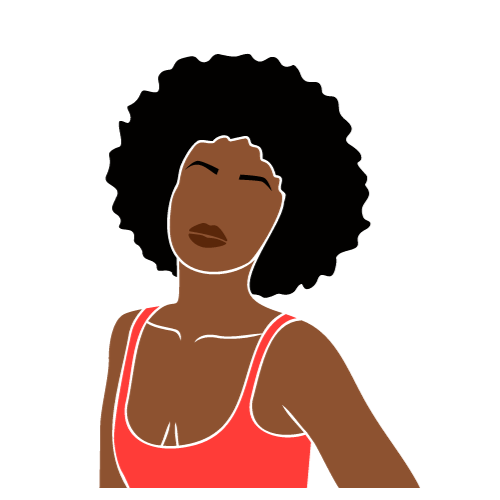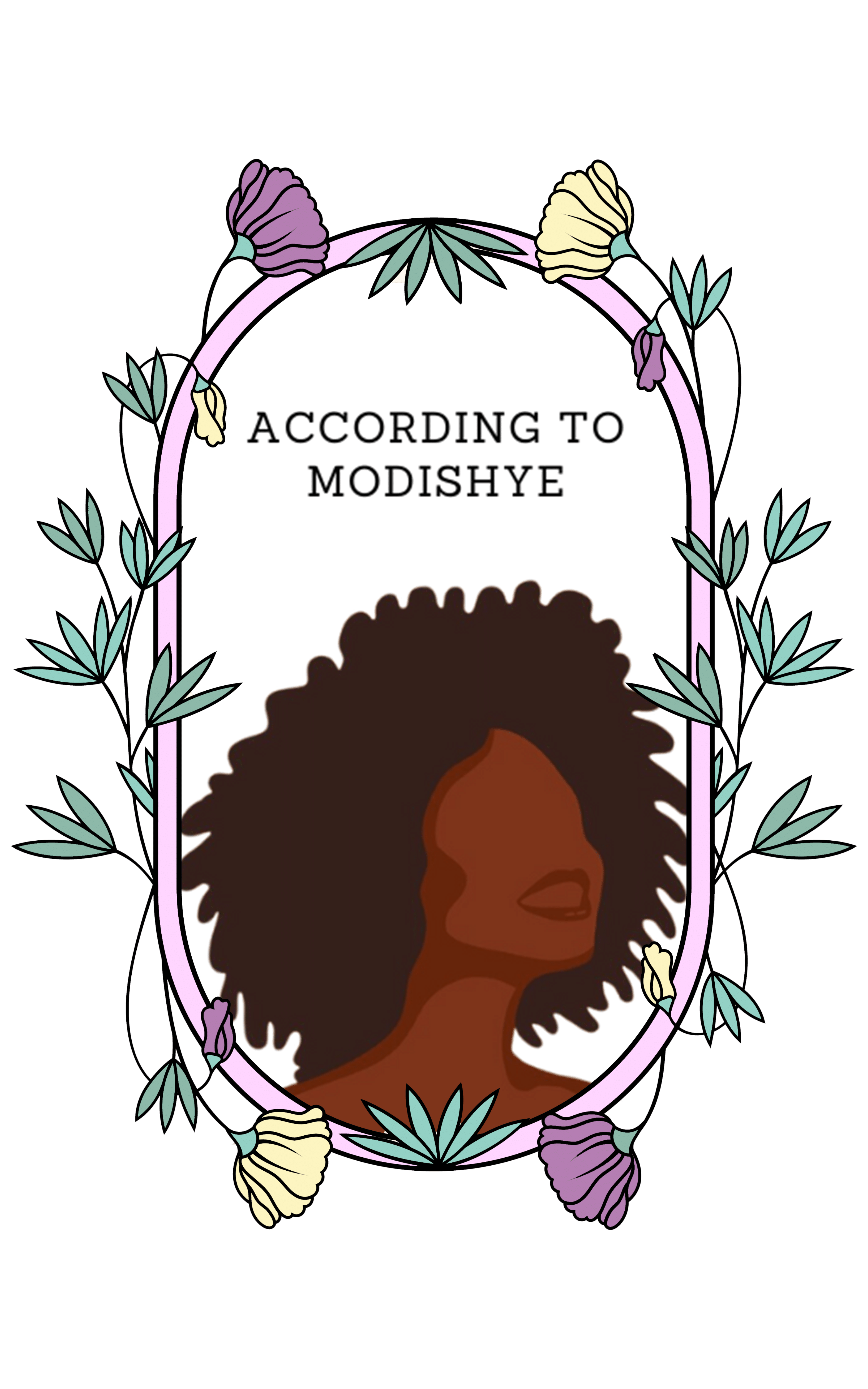My mother is a driven and intelligent woman.
There is no need to hype her up, it’s just the truth. She’s a quick learner, especially through demonstration. She’s capable of doing it all—cooking, cleaning, supporting, and guiding you, even when you didn’t ask for it. That’s just who she is, and she’s definitely a Scorpio.
What many people don’t realize is that my mom is fluent in multiple languages. Even though she uses American slang from time to time, she has never forgotten where she comes from.
I’ll never forget this one time we were traveling to Namibia and had a stopover in South Africa. The women checking our bags made rude comments about my mom, thinking she didn’t understand Zulu. Well, surprise! Like I’ve said before, be careful, it’s a small world! My mom responded in Zulu, politely but firmly calling out their unprofessional behavior. You should’ve seen their faces—they were shocked!
Enough about the haters, let’s move on!
My mom was born and raised in Namibia. Her mother, my grandmother (may she rest in peace), spoke Zulu and very little English. She was from South Africa and insisted her kids speak Zulu, which was widely spoken there. For my mom, language has always been important. I find it fascinating because Namibia was once colonized by Germany, where speaking German is a requirement, especially if you plan to attend university. So, the fact that my mom does not speak German but both her mother’s language and the languages spoken in Namibia is really impressive!
Languages
My mom speaks Afrikaans, English, Oshiwambo, Herero, Zulu, and Xhosa—all fluently. Afrikaans, along with English, is one of the most commonly spoken languages in Namibia. It’s taught in schools, spoken in coffee shops, libraries, you name it. Afrikaans is actually quite similar to Dutch, which makes sense since Dutch colonists were part of Namibia’s early history. There have even been a few instances where my mom was able to strike up conversations with Dutch parents at my international school in Houston. Isn’t that amazing?
Whenever I visit Namibia, I sometimes feel a little left out because most of my cousins speak Afrikaans. It’s understandable though—it’s everywhere. Naturally, you pick it up. My mom did try to teach me when I was a toddler, but since I was already learning Yoruba at the time, she became discouraged when someone told her I’d get confused. Spoiler alert: I wasn’t confused. The brain is like a sponge—it can handle a lot more than we think!
Fast forward to now, I’ve asked my mom to teach me Afrikaans again, and I’m learning slowly. It’s such an exciting journey, and I can see how happy it makes her when I repeat a new word. Sure, my Afrikaans was limited growing up since I was balancing Yoruba and English, but I’m learning now, and that’s what matters.
Thank you, Mom, for teaching me when and how you can!
So what about me? Will I pass that tradition along to kids? I understand Yoruba more than I speak it, but don’t get it twisted—I can speak it too. Who knows, I might even send them to Nigeria or Namibia for secondary school to engage in the language and culture daily. I don’t know yet and fortunately, we live in a time where the internet is widely accessible. What I do know is that language is just one way to embrace our culture, but it’s not the only way.





0 Comments